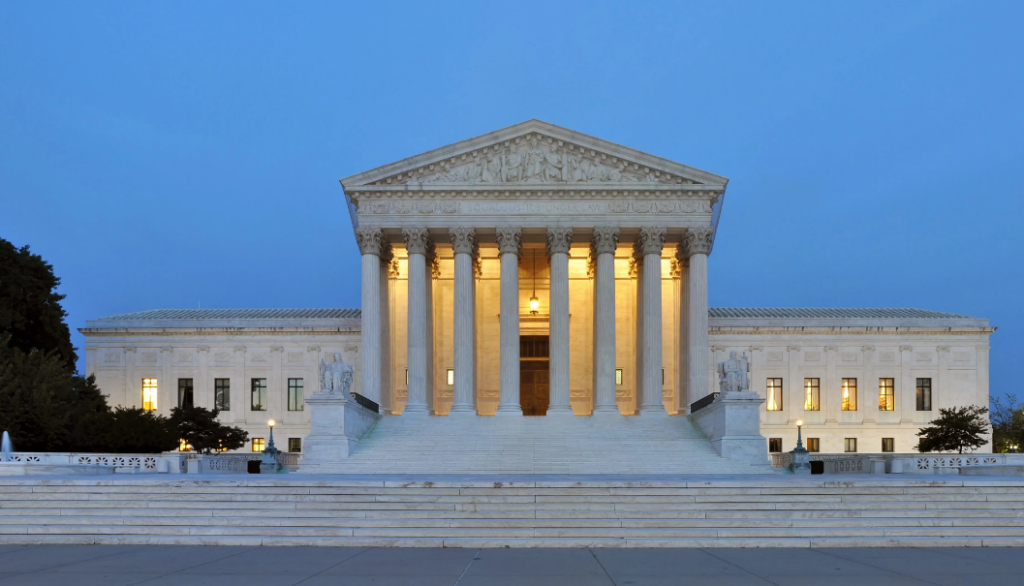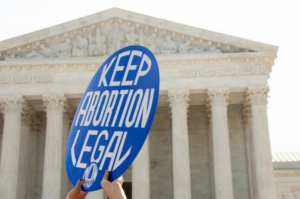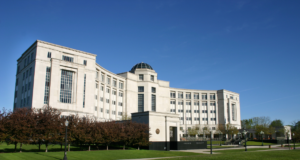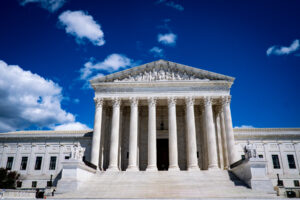U.S. Supreme Court tells Texas to let a condemned man’s pastor touch him and pray aloud during execution
3 min read
Texas likely violated the religious liberties of a death row prisoner when it denied the man’s request to have his pastor touch him and pray over him during his execution, the U.S. Supreme Court ruled Thursday.
In an 8-1 opinion written by Chief Justice John Roberts, the high court found that Texas’ policy disallowing John Ramirez’s request was an unnecessary burden to a religious exercise. Justice Clarence Thomas was the lone dissenter.
“[Texas fails] to show that a categorical ban on audible prayer is the least restrictive means of furthering this compelling interest, and they do not explain why other jurisdictions can accommodate audible prayer but Texas cannot feasibly do so,” Roberts wrote in the majority opinion.
Ramirez’s execution, originally set for September but halted while the court weighed the case, can now be rescheduled, providing the Texas prison system changes its policy to allow touch and prayer in the death chamber. Texas prison officials said in a statement that the agency “respected the court’s decision and will be making appropriate modifications to our practices to align with today’s ruling.”
The decision comes months after the court heard arguments on the case and follows years of back-and-forth between the high court and the Texas prison system over the religious rights of prisoners set for execution. The Supreme Court has repeatedly blocked Texas executions over concerns that the state was not equally and fairly accommodating condemned prisoners’ religious liberties, which are protected by federal statute.
Challenges to the state’s religious accommodations have prompted the high court to stop several executions in recent years, even as it rejected last-ditch appeals to stop about a dozen other Texas executions for reasons including a prisoner’s youth at the time of murder, or claims of false testimony or junk science presented at trial.
The justices halted the execution of Ramirez, a 37-year-old sentenced to die for the robbery and fatal stabbing of a Corpus Christi store clerk in 2004, hours after he was set to die in September. Texas prison officials had denied his request to have pastor lay hands on him and pray over him as he died, claiming it would involve security risks, though the state later told the justices that the risk of disruption was likely low.
Since the justices opted to hear Ramirez’s case last September, one man has been executed in Texas, but several other executions have been rescheduled or taken off the calendar while waiting for the court to resolve the religious rights question. Four people are scheduled to be executed in the state between April and August.
During oral arguments in November on Ramirez’s case, several conservative justices seemed concerned that ruling for Ramirez, and again ordering Texas to change its execution policy, could increase their own workload. They theorized that deciding Ramirez should be allowed to be touched by his pastor would open the door for other prisoners to bring forth personalized requests.
“If we rule in your favor here, this is going to be a heavy part of our docket for years to come,” Justice Brett Kavanaugh, who previously penned the court’s sole opinion against religious limitations in Texas executions, told the prisoner’s attorney.
Texas’ procedure for allowing religion in the execution chamber has undergone several iterations in the last few years, after repeated guidance from the high court. For decades, the Texas Department of Criminal Justice allowed its staff chaplains to rest a hand on a prisoner’s leg and pray quietly during an execution, but the agency only employed Christian and Muslim advisers.
After multiple orders by the justices halting executions over concerns of religious discrimination and violation of liberties, the department’s policy now allows prisoners’ personal religious advisers to be in the death chamber — provided they clear a background check and orientation — but they can’t touch the prisoners or speak.
This article was originally posted on U.S. Supreme Court tells Texas to let a condemned man’s pastor touch him and pray aloud during execution







